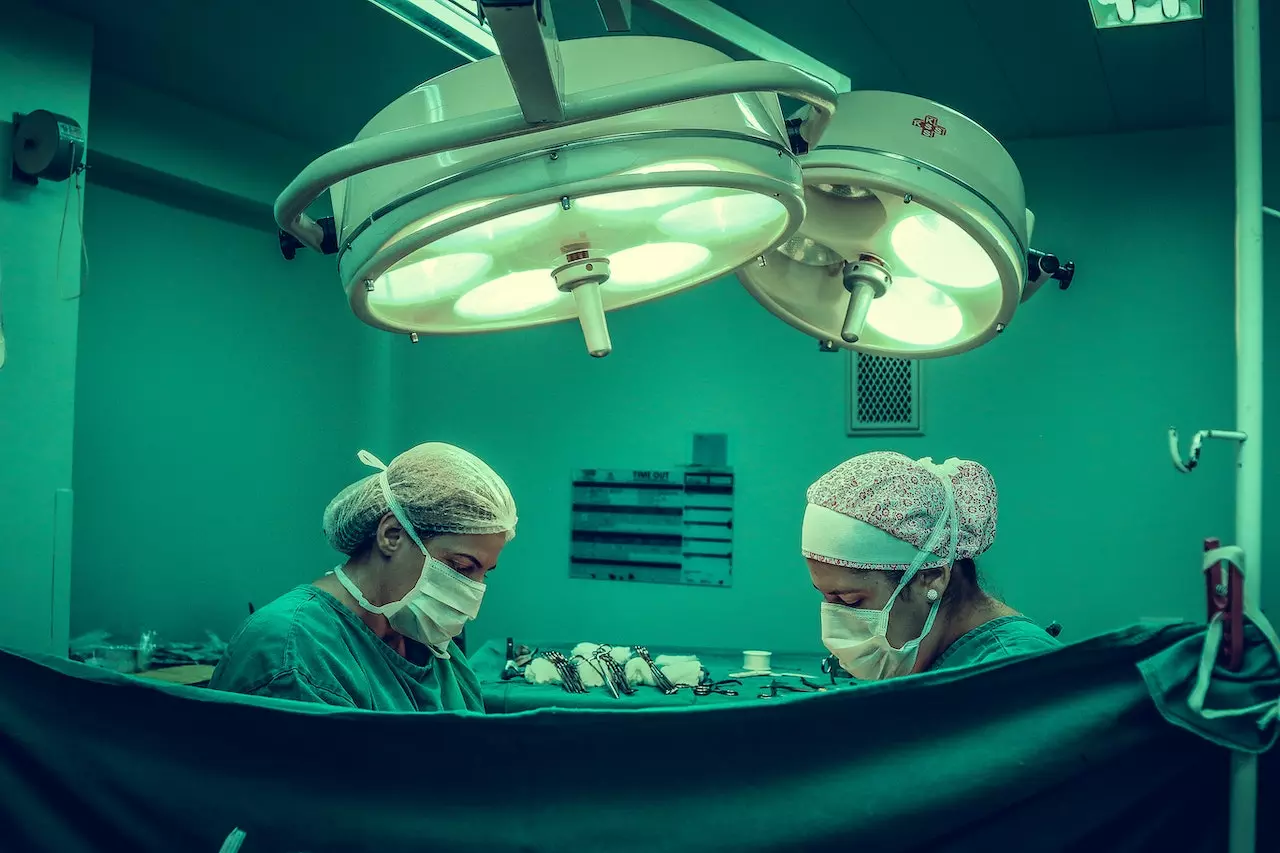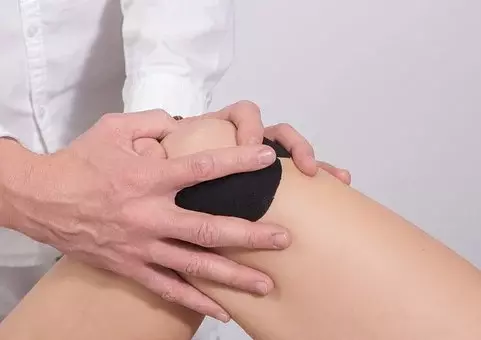Comments
- No comments found

Recovery from knee surgery can be full of ups and downs, but there are steps you can take to make the process as smooth as possible.
We find that patients who know what to expect and are proactive in their recovery tend to do better overall. With that in mind, here are six tips to follow in your recovery after knee surgery.

Most people know that getting a good night’s sleep is essential for feeling rested and alert the next day, but few realize just how important it is for recovering from surgery. This doesn’t mean you have to stay in bed all day – although you should take it easy for the first few days – it does mean getting enough sleep at night and taking periodic naps during the day.
Good rest is crucial for healing because it gives your body the time it needs to repair the damage from surgery. When you’re well-rested, you’ll also have more energy for physical therapy and other essential activities for recovery. The recovery timelines for patients who get adequate rest are usually shorter than for those who don’t. So, make sure to get your ZZZs.
As with sleep, eating a nutritious diet is vital for everyone but especially crucial for people recovering from surgery. A healthy diet will give your body the nutrients it needs to heal properly and fight infection. It’s also essential to avoid constipation, which can be a problem after surgery due to pain medication and inactivity.

To stay on top of your nutrition, eat plenty of fruits, vegetables, and whole grains. These foods are packed with vitamins, minerals, and fiber that will help keep your digestive system moving and your body healthy. It would help if you also drank plenty of water to stay hydrated.
It may seem counterintuitive, but staying active is vital for recovery after knee surgery. Of course, you shouldn’t overdo it – too much activity can delay healing – but getting some gentle exercise will help keep your joints mobile and prevent stiffness. Physical therapy is a great way to get the proper exercise for your needs.
Walking is another excellent way to stay active while recovering from knee surgery. Just be sure to start slowly and increase your distance gradually. If walking is painful or makes your incision feel uncomfortable, stop and rest until the pain subsides. As long as you listen to your body, staying active will speed up your recovery.
Physical therapy is essential to recovering from knee surgery, but it’s important to follow your therapist’s recommendations. Depending on the surgery you had, you may need to start physical therapy a week after your procedure. This may seem like a lot, but getting the rehabilitation process started early is vital.
Your physical therapist will design a customized exercise program that gradually increases in intensity as you heal. Sticking to this program even when you feel like you can do more is essential. Pushing yourself too hard can delay healing and lead to setbacks. Trust your therapist and follow their guidelines for a successful recovery.
Recovering knee surgery can be painful, but taking pain medication only as directed is essential. Taking too much medication can be dangerous and make it difficult to gauge your level of activity. It’s vital to listen to your body and rest when necessary, even if that means taking a little extra medication.
Of course, you shouldn’t suffer unnecessarily. Talk to your doctor or surgeon about adjusting your medication regimen if your pain is severe or persistent. It’s also important to let them know if you have any concerns about the side effects of your medication. In most cases, the benefits of pain relief outweigh the risks, but it’s always best to err on the side of caution.
Recovery from knee surgery takes time, so it’s essential to be patient and realistic about your expectations. Depending on the procedure, it may be several months before you’re back to your old self. And even then, you may have some lingering stiffness or pain. It’s important to listen to your body and take things slowly to avoid setbacks.
If you’re having trouble staying positive, talk to your doctor or surgeon about ways to cope with the frustration of a long recovery. In the meantime, focus on following your rehabilitation program and taking care of yourself. The better you take care of yourself now, the sooner you’ll be back to your old self.
Following these tips will help you have a successful recovery after knee surgery. However, every patient is different, so talk to your surgeon about what you should expect during your recovery process. Just remember to listen to your body and take things one day at a time – before you know it, you’ll be back on your feet again.
Leave your comments
Post comment as a guest